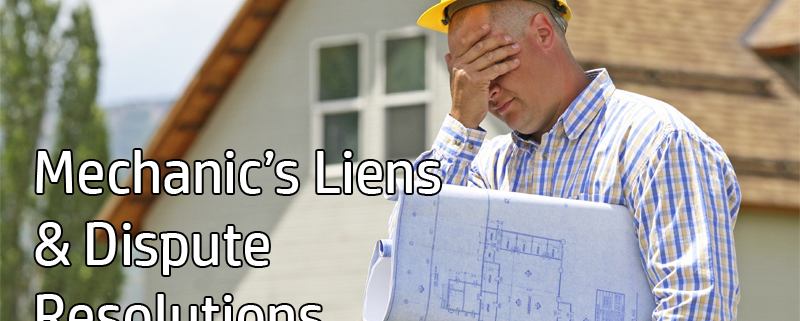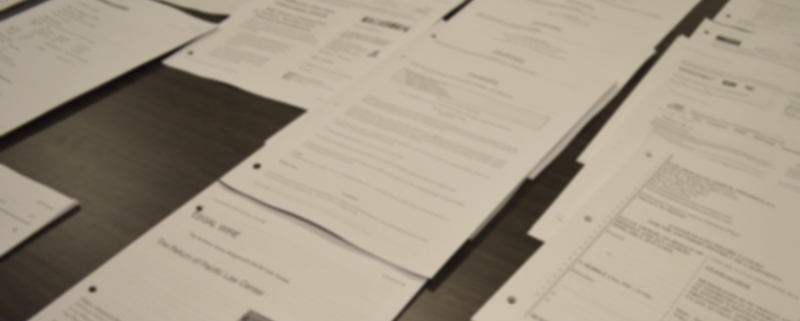Am I Responsible for Repairs/Maintenance or Is My HOA Responsible?
Homeowner’s Associations have their pros and cons. Nobody likes to pay for the HOA monthly fees, but when they exist homeowners enjoy the benefits of a neat and well-maintained community. As time goes on in your homeownership experience and HOA membership, there will be a point where something requires replacement or repairs. This is true whether you live in an HOA overseeing condominium or single family residences.
A client of mine in Point Loma received a notice from their condominium HOA indicating that her bathroom fixtures caused water to seep through her bathroom floor seeping into condos located below her unit. The letter required repairs to fixtures and piping. A married couple and clients of mine in Little Italy received a notice from their HOA indicating that the floors in the unit were in disrepair causing noise disruption to the neighbors below their unit. The letter required repairs to flooring within the unit. A client of mine in Mira Mesa received a notice that a wall shared with the community was deteriorating and required fixing. The letter required repairs within 60 days. A client of mine in Point Loma received a notice that a balcony outside of her condo. required structural repairs. The notice letter required repairs by the homeowner. Repairs were required in each of these notices issued by the HOA and in each of these notices it was written in a manner that leads the homeowner to immediately believe it was their responsibility to repair without question. However, the process of repairs is not that easy and it is NOT always the homeowner’s responsibility.
Homeowners should be cooperative and responsive to letters sent by HOAs demanding repairs. In doing so, homeowners should also begin the process by working closely with the HOA and carry out some factual analysis to determine the cause behind the problem as well as responsibility of repair. For the homeowner, this includes an analysis of the community’s CC&R’s (Covenants Conditions and Restrictions) as well as Repairs & Maintenance policies. This is where things can get sticky depending upon the HOA’s available documents and the clarity of the content regarding repairs.
If you receive a notice or demand to make a repair in your condominium or home under the jurisdiction of a Homeowner’s Association, consult with an attorney to review the matter closely. Depending on the item(s) requiring repairs and maintenance, the CC&Rs and California civil code rules, a homeowner or the HOA holds responsibility to repair the required item(s). Analyze the situation.



